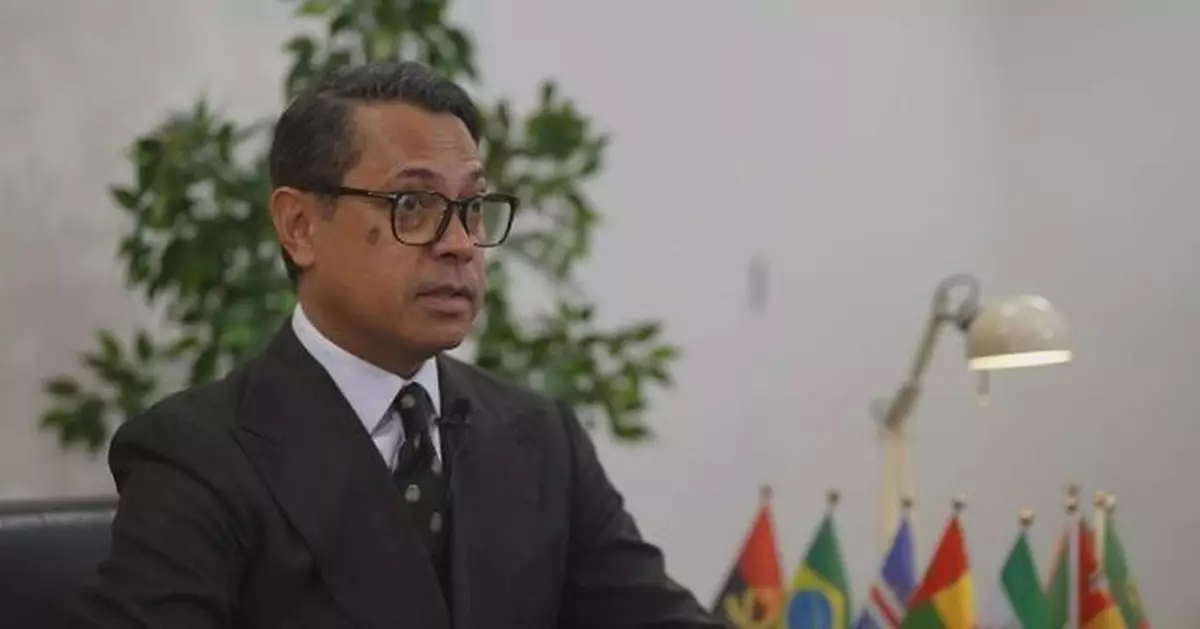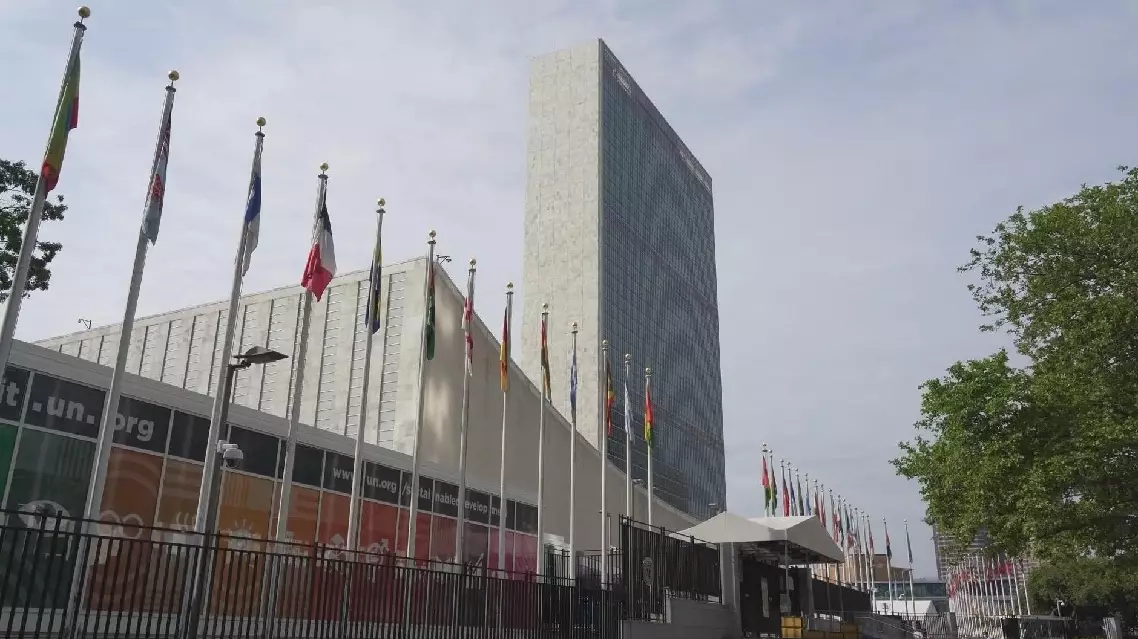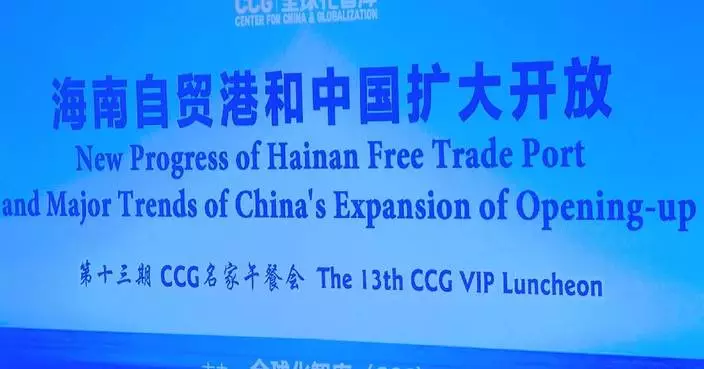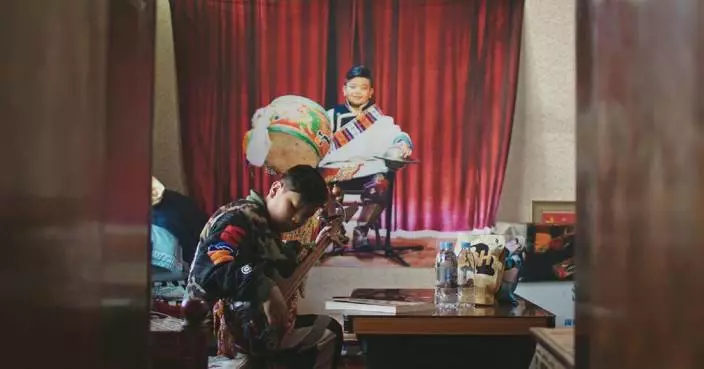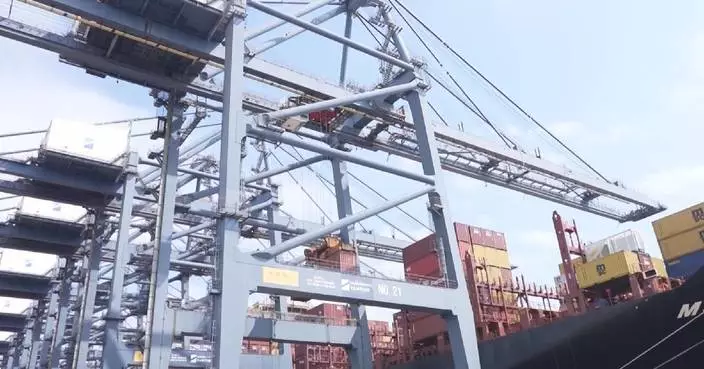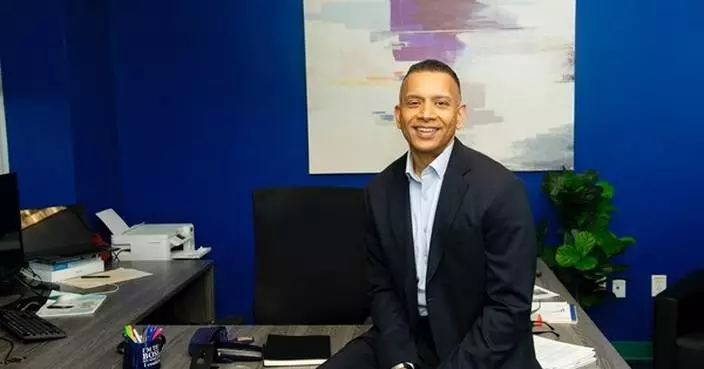With Macao acting as a bridge, China and Portuguese-speaking countries will achieve prosperity and harmony through cooperation in the future, said Danilo Afonso Henriques, Deputy Secretary-General of the Permanent Secretariat of Forum Macao.
Forum Macao, or the Forum for Economic and Trade Cooperation between China and Portuguese-speaking Countries (Macao), was initiated and established by the Chinese government in October 2003.
Nine Portuguese-speaking countries, namely Angola, Brazil, Cape Verde, Guinea-Bissau, Equatorial Guinea, Mozambique, Portugal, Sao Tome and Principe, and East Timor, have participated in the forum.
Having been working at the permanent secretariat in Macao since 2014, Henriques noted that the forum has reached all countries in the world where Portuguese is the official language, and that over the past two decades, the cooperation between China and Portuguese-speaking countries has expanded from just economic and trade cooperation to many more fields such as finance, science and technology, culture and education, and health.
"It's been 20 years, two decades. We've seen not only the cooperation grow in terms of, we now have all the Portuguese-speaking countries in the last few years. It gives Macao great visibility on the international stage, so it's advantageous to both sides' know-how. So the development in China and then the breakneck speed of technology advancements now. It creates enormous advantage for Macao. It brings new dynamism to this platform," Henriques said. Henriques said that in recent years, the development of the Guangdong-Hong Kong-Macao Greater Bay Area city cluster in south China and the Guangdong-Macao In-depth Cooperation Zone in Hengqin, Zhuhai of Guangdong Province neighboring Macao have created new opportunities in Macao and helped it attract more and more investors from Portuguese-speaking countries.
"This year, they are very interested as investment authorities to look at Hengqin, the deep cooperation zone next door, and to see what's being established there. Increasingly, we're finding that the interest is technology based. So this year, we ran a colloquy training course for a couple of weeks. All the Portuguese-speaking countries sent their representatives here, and we sent them to the Greater Bay Area, to Shenzhen, and they were in Guangzhou, and they were hugely impressed by the leaps and bounds that have occurred in terms of technology, AI and what's that doing in different sectors," Henriques said.
This year marks the 25th anniversary of Macao's return to the motherland and the establishment of the Macao Special Administrative Region.
As a witness of the rapid development in Macao over the past 10 years, Henriques spoke highly of the diverse and harmonious society there.
"I've been living in Macao for ten years and I witnessed that first hand, the 'one China, two systems' implementation here in Macao. You see that working very successfully. This is a thriving economy with all of the infrastructure that's required for a society to prosper, with an education system, health services. And you see a lot the dynamism of the young people here in Macao. The diversification of the economy has brought different talents from across the world, from overseas. Integration, cohesion, harmony of mutual respect, of appreciation for each other's cultures. So, it's a very harmonious society to live in," Henriques said.
Looking forward, Henriques said he believes that with Macao serving as the bridge, the cooperation China and Portuguese-speaking countries will further deepen and the two sides will walk hand-in-hand toward a bright future.
"So for the future, I think things will prosper, will grow, will diversify even more. We're reaching more and more areas of engagement, more and more areas of cooperation. I think, Macao acting as a bridge, working together, we can all work for the future prosperity and harmony between China and all of the Portuguese-speaking countries," he said.
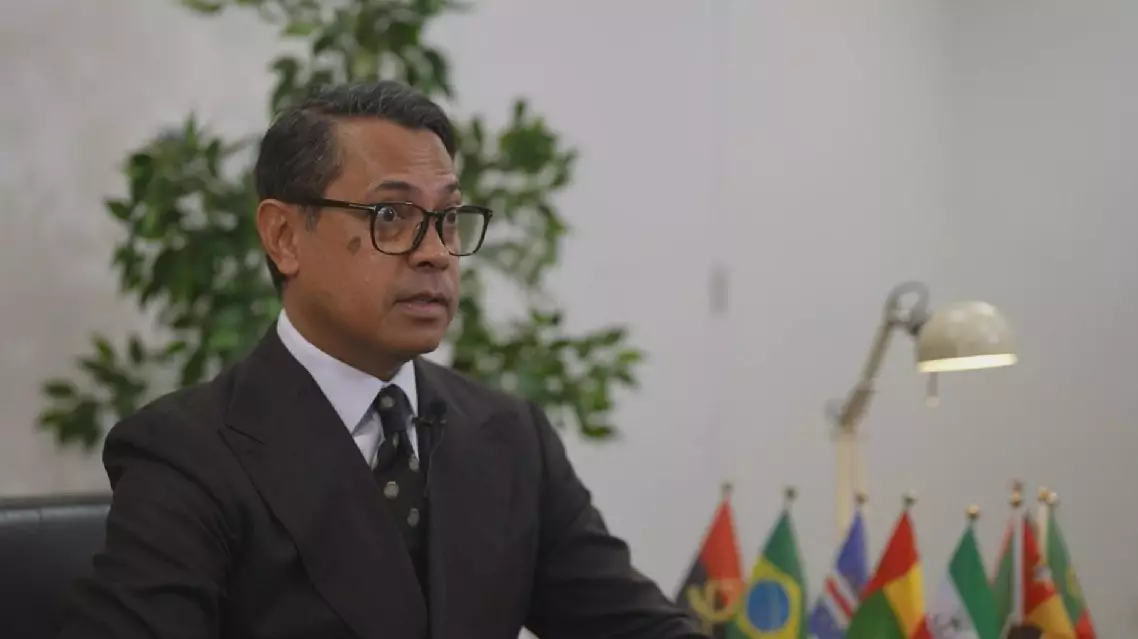
Macao bridges promising ties between China, Portuguese-speaking countries


